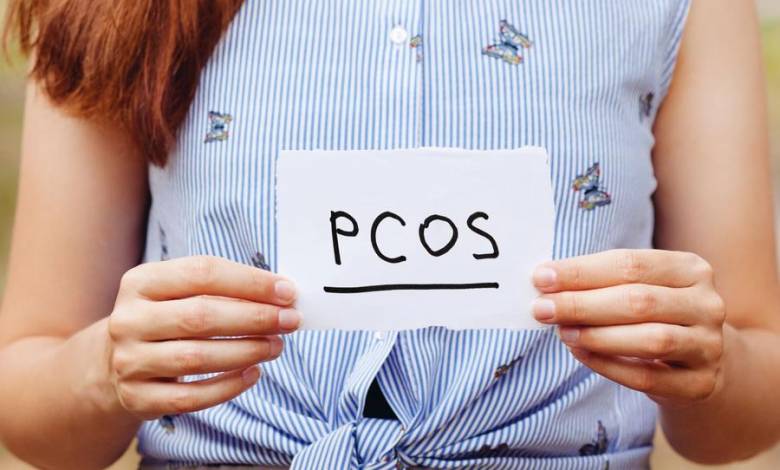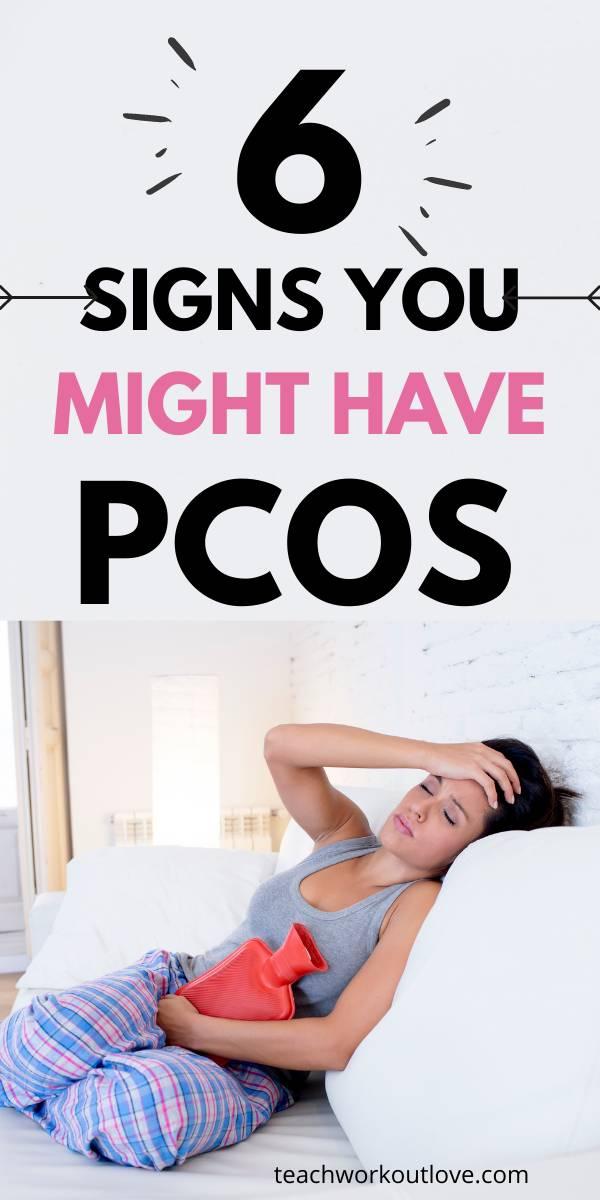

Did you know that PCOS (Polycystic Ovary Syndrome) affects one in every ten women? The condition can happen because of hormonal imbalances, metabolism issues, etc. However, you might not even know you have it.
That is why to maintain your menstrual and ovary health, you must be on the lookout for signs of PCOS. Early diagnosis can help you treat this problem so you can feel better.
Here are the top signs you might have Polycystic Ovary Syndrome:
Related topics:
- 15 Tips to Keep Yourself Healthy at Home (Even While Working)
- Top Practical Ways Moms Can Stay on Top of Their Health Now
- Health Tips That Need Extra Attention Following The Pandemic
1. Fluctuating Menstrual Cycle in PCOS
The most common sign of PCOS is that you might not have periods every month. You might miss a few months of periods or have a few periods every year. Sometimes, women with PCOS also rarely have periods within a year.
Besides that, you might also have periods at different intervals. For example, you can have a period after twenty days and then after thirty days and then after half a month. Such irregularities are a major sign that you have PCOS.
Another sign is that you might experience light bleeding or spotting between your menstrual cycles. If you are facing these issues, you must contact a gynecologist as they will diagnose you better.
2. Difficulty Getting Pregnant
If you are trying to get pregnant and constantly failing, it might be a sign you have PCOS. That is because PCOS is the most common cause of infertility among women. Polycystic Ovary Syndrome increases the level of androgen hormones such as testosterone.
When you have high levels of androgen in your system, it can prevent your ovaries from ovulating. If you have been trying to get pregnant for twelve months or more and do not see results, PCOS might be the cause. You must consult your gynecologist during this time to help your fertility.
3. Hair Thinning Is A PCOS Specialty
Another side effect that comes with high levels of androgen hormones is that it causes excessive hair thinning. You will notice you are losing more hair than normal. There are some cases where women also develop male pattern baldness because of the syndrome.
During the male pattern baldness, the PCOS-related hair loss starts at the crown and goes backward. Besides that, you might experience hair thinning across your scalp and head. Of course, there are many causes for hair thinning, but if you are trying to fix the issue and nothing is working, PCOS might be the culprit.
4. Excessive Facial And Body Hair
Androgen hormones such as testosterone are responsible for hair growth in males. That is why females have less facial and body hair because we don’t produce as many androgen hormones as men. So, if you start noticing excessive facial and body hair, it might be a sign you have PCOS.
Excessive hair because of this syndrome will appear on your lower belly, chin, cheeks, upper lips, inner thighs, arms, lower back, and breasts. In rare cases, you might notice excessive hair on your chest, upper abdomen, and back. When you notice these changes, it is time to contact your gynecologist.
5. Changes In Skin
PCOS can lead to acanthosis nigricans, which is when you have patches or dark and velvety skin on many areas of your body. The problem is harmless, but many women feel that they look unpleasant with it. Dark skin patches can appear in the armpits, back of the neck, groin, and even under the breasts.
If you suddenly notice these dark patches along with other symptoms, it might mean that you have PCOS. The symptom is easily treated with hormone balancing and other treatments.
6. Weight Gain
If your diet is the same, but you are still experiencing weight gain, it might be because of PCOS, as it causes extra weight gain. You might also have a hard time losing weight with PCOS. If you are experiencing weight problems and nothing is working, you can talk to your doctor as the reason might be PCOS.
So, What to do if you think you have PCOS?
These are the top six signs you must look for when you are trying to determine if you have PCOS. There are other signs too, but these are the most important and common ones found in women. If you suspect you have PCOS, you must contact your gynecologist immediately.
This post contains affiliate links and I may receive a commission, at no additional cost to you, should you purchase through one of my links. Please see my disclosure for more information.






